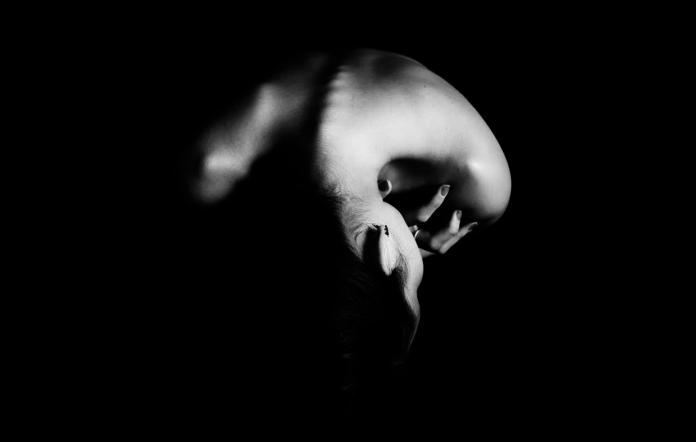Motherhood comes with a host of choices about what is best for you, your family, and your children. We at Boston Moms Blog are a diverse group of moms who want to embrace these choices instead of feel guilty or judged for them! Our “Parenting Perspectives” series is currently focused on discipline.

Discipline creates good adults
“You are not raising a child. You are raising an adult who happens to be a child right now.”
This advice has reshaped the the way I think of my job as a parent. It serves as the measuring stick by which I judge how well I’m doing as a mom, and it’s never more helpful than in moments when I need to discipline my child. Discipline shows kids the shape of the world and defines how they’re expected to act in it. So, I see misbehavior as opportunities to teach my son how to cope with feelings of anger, sadness, disappointment, and envy in socially appropriate and healthy ways now, so he doesn’t have to learn it the hard way as an adult.
Discipline is not the same as punishment
The distinction between discipline and punishment is that punishment hands down external consequences for actions without regard for the cause of those actions. Discipline begins externally, but ultimately is internalized by the child. It’s something that can be taught, unlike punishment. The ultimate goal for me is to teach my child self-discipline, and in doing so, set him free from punishment.
But that’s no small task. Growing up is hard. Misbehavior is a normal part of childhood, as boundaries are defined and expectations are set. How much and what kind of misbehavior varies as much as children themselves do, but from my perspective, misbehavior falls into two major camps: ethical misbehavior and obstinate misbehavior.
Discipline for ethical misbehavior
Ethical misbehavior is intentional mistreatment of others. It includes pushing on the playground, throwing objects at people, taking toys, and name-calling. Allowing ethical misbehavior to continue poses the greatest threat to a child’s adult self. Child bullies turn into adult bullies. Ethical misbehavior has to be shut down immediately by stopping the behavior itself before addressing the cause of it. To act on ethical misbehavior in any other way is to endorse it, and ultimately, to be your child’s accomplice in hurting others.
If a child cannot behave in a way that doesn’t hurt others, he should simply lose the opportunity to misbehave. Take him off the play structure where he pushed another child. Take the toy away with which she hit her friend. Take her immediately out of the ballet studio where she made fun of her classmate’s shoes. If she refuses to apologize, let her hear you tell the victims how sorry you are for her bad behavior. That it is NOT okay to push, or take toys, or make fun of other people. That she was wrong, that there will be consequences, and that it will not happen again. This sends a clear message: “You don’t get to hurt other people. I will not let you.”
Armed with nothing but disapproval, parents have powerful influence over children. They crave our pride in them, and when we take that away they’re forced to evaluate their actions.
Discipline for obstinate misbehavior
Obstinate misbehavior, on the other hand, is when a child simply does not want to do things the way you want to do them. It includes kicking a ball in the house, having a fit over bedtime, and throwing a tantrum in the grocery store because he wants a candy bar. It may be insanity-inducing, but ultimately it’s not truly hurting anyone.
In these cases, I’ve found that empathy is the most powerful parenting weapon. My 3-year-old is often a victim of his own emotions as much as I am. As his frustration or anger or sadness mounts, I can almost hear him say, “Please help me out of this! I don’t know what to do with all these feelings!” In these cases it’s best for me to try to diagnose the feeling behind the misbehavior before addressing the behavior itself.
Most of the time, I’m able to give him tools to get himself out of the bad feeling before things really get out of control. Those emotions need somewhere to go, and without a place to put them, or the ways to address them, they can come out in inappropriate ways, and even escalate to ethical misbehavior.
The reward for goodness comes from within
Discipline is a difficult, hair-pulling, headache-inducing part of parenting. But it’s also the greatest opportunity we have to influence our children to be the adults we want to be around.
I’ll finish by sharing a moment that happened recently during a costume parade at day care: A mother I had never met approached me as I was snapping photos of my boy. She said, “Are you J’s mom?” When I said yes, she said, “I just wanted to say thank you. He is so nice to my son, who is new in his classroom.” I am never more proud of my kid than when he is kind to others, and when I told him so, he beamed from ear to ear. No candy bar, or envied toy, or being first down the slide can replace the feeling of goodness.













